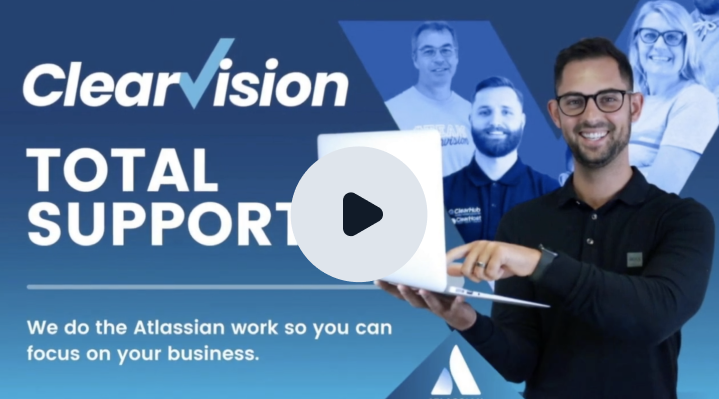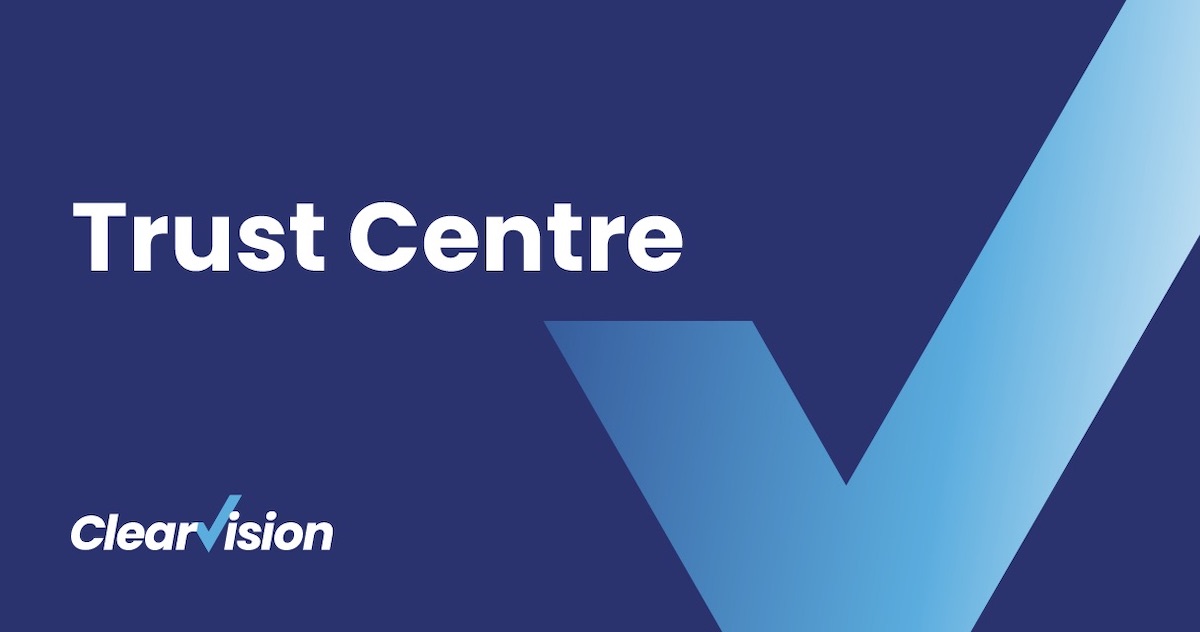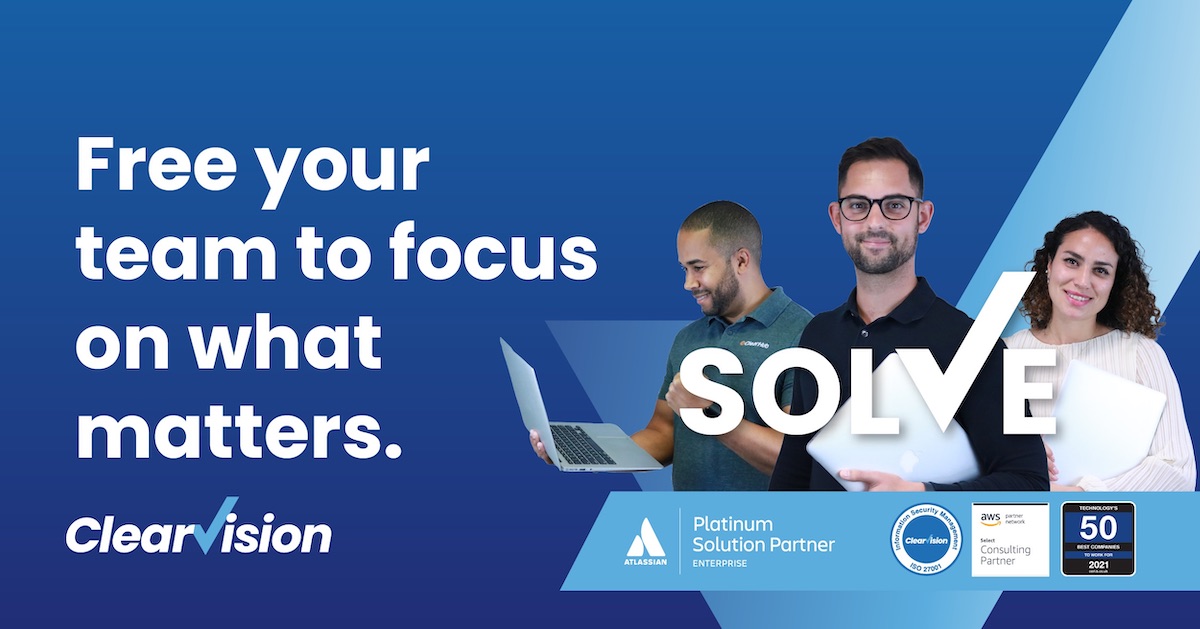
Onboarding new staff? Migrating to new tools? Adopting a different working methodology?
None of us suffer from a shortage of situations calling for training. This is true for all industries, but particularly so for the fast-moving tech industry.
Of course, there’s also no shortage of work that needs to be done – in fact, quite the opposite – so it’s important to make sure training doesn’t end up being viewed as disruptive.
This is why training needs to be efficient, effective, and expert.
What is effective training?
Really, there are 2 key perspectives when it comes to defining effective training.
The Oxford English dictionary defines training as the following:
The action of teaching a person or animal a particular skill or type of behaviour.
Many organizations will take this at face value and organize training to teach their teams the variety of skills needed to complete their daily tasks.
However, truly great training comes when you recognize that this statement actually contains two parts:
The action of teaching a person or animal a particular skill or type of behaviour.
Have you ever tried teaching a cat to use a cat flap? Or a dog to roll over? Often, the challenge is not in teaching the skill to perform these actions, but in getting an agreement to perform the behaviour.
Understanding the requirements
Any learning which meets the first perspective of effective training – “what is required by the department or business” – but ignores the second – “what is required by the individual” – is likely to lead to problems.
Attendees won’t retain the skills they’re taught, and wont adopt the behaviours regularly without any incentive.
Any learning which meets the second perspective, but not the first, will likely lead to a happy, motivated team who can perform new skills and demonstrate positive behavioural change – but in this case, there is no guarantee that that behaviour will be an improvement on the “pre-training” state. The results will be inconsistent.
When organizations have limited time, resources and budgets, it’s extremely important that training is targeted around an area where it can have a guaranteed positive return on investment. We train to improve. Otherwise what’s the point?
Don’t take our word for it – find out your requirements for yourself!
Many training providers will tell you that they know best. They know what your users require, and they know how to teach them the right way to do things.
We disagree. We believe that every team within every organisation is different. We don’t simply present you with a course that we think will help you; we encourage you to tell us what is important to you!
So how can you secure the perfect training course for your teams? A successful Training Needs Analysis (TNA) will identify those who need training and the type of training required. Remember, training isn’t always necessary for a whole team, and nobody wants to be taken away from their work for training they either don’t need or already know.
Clearvision training
The level of TNA we carry out here at Clearvision depends on the scale of the training.
Take a fully customized solution featuring a large range of subject matters, for example. We’ll work with you to answer a variety of key questions to ensure that together, we can tailor your training course to your exact specifications.
- What tasks are performed?
- How frequently are they performed?
- What is the aim of each task?
- How important is each task?
- What knowledge is needed to perform the task?
- Do these tasks need to be remembered? Or can we utilize reference material on the job?
- Which of these tasks are already being performed correctly?
At Clearvision we provide training for many different requirements. In the case of a smaller engagement, such as a one day training session, we don’t expect your subject matter experts to answer the important questions with the same detail. We condense this process down so you’re free to invest that time elsewhere.
This is achieved through a simple, multiple choice quiz. It takes each user no more than 10-15 minutes, and means that we’ll be able to tell:
- What skills are required in your job role
- What skills you already possess
- Which areas of the subject matter you have specific concerns or queries about
Based on this data, we will then provide recommendations, based on the requirements of the business and the training attendees.
When it comes to training, take it from the experts: one size does not fit all.
Are you interested in training your teams?
Clearvision offers training on a variety of open source and commercial tools, including Git, Subversion, Atlassian Confluence, Atlassian JIRA and many more. For more information on how Clearvision builds its training courses around you, visit our training pages and get in touch today!
clearvisionwebmaster
Atlasssian expert resources
Visit our blog for expert news and articles from the Atlassian world. On our resources page you will find recorded webinars, white papers, podcasts, videos and more.
The Software Blog
Read our blog for articles offering best practice advice written by Atlassian experts, as well as the latest news concerning your software.
Software White Papers and Guides
Dive deep into Atlassian software with our white papers and guides on individual tools, partner products, services, and best practices, written by the experts.
Expert Webinars
All of our webinars are pre-recorded and available to watch on-demand. Enjoy everything from partner features to application demos and updates from Atlassian experts.
















